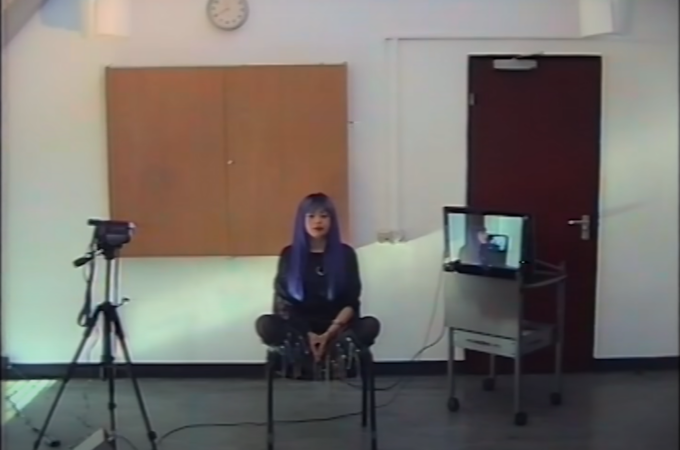My husband and I recently went on a trip to Peru to celebrate our 35th wedding anniversary. It was an adventurous 18-day tour, amazing but exhausting. One of my favourite parts was the beginning of our trip when we spent four days at an Amazon jungle lodge. Part of…
Category: Testamentary Capacity
In the estates context, undue influence is often alleged in order to challenge a will or an inter vivos transfer of property, often a family home or cottage. When a party in a legal dispute alleges that there was undue influence which party bears the burden of proving (or disproving)…
Pictured: A screen grab from the music video for “Only Acting” by Kero Kero Bonito. It’s one of my favourite songs. It’s not quite about video wills, but it does show off some of the challenges of recording oneself. What are Video Wills? Some practitioners have floated the idea of…
In Gilbert v. Girouard, 2023 ONSC 4445, a brother and sister brought a challenge to their father’s wills. The siblings alleged that their third sibling, who was named as estate trustee, exerted undue influence over their father. They also alleged that their father lacked testamentary capacity at the time of…
Today’s blog is written by Jessica J. Butler, Law Clerk at Fasken LLP. Italian cinema legend Gina Lollobrigida passed away at the age of 95 in January 2023. Known by fans as ‘La Lollo’, she starred in over 60 films which included the likes of Frank Sinatra and Sean Connery….
The Ontario Court of Appeal (“ONCA”) decision in Gefen Estate v. Gefen is an interesting read which provides insight into a variety of topics including mutual wills and mutual will agreements, secret trusts, the doctrine of unconscionable procurement, and more! By way of background, Elias and Henia Gefen were married…
Current approaches that define capacity in cognitive terms disregard concerns that emotional instability may disrupt capacity or that a person may be cognitively intact yet lack the capacity to give a valid consent. An alternative evaluative approach would be to view capacity holistically, as a combination of biological, psychological, and social (biopsychosocial) factors.
Because the doctrine of suspicious circumstances was developed in respect of probate and wills, it cannot easily be exported into other areas of law, including contract law.
I suggest “an appreciation of the impact MAiD will have on family members and friends” be included in fulfilling the proposed amendment of the appreciation test for consenting to MAiD. The proposed amendment would not mandate being bound by others’ opinions, but that that lack of ability to appreciate the views of one’s significant others would demonstrate a lack of ability to apply the relevant information to one’s circumstances.
I have found it uncommon for a family member or beneficiary to exert undue influence to pressure a patient to pursue MAiD. What worries me is the vulnerability of patients to undue influence from physicians who may embrace therapeutic nihilism and bias patients unduly towards MAiD. I suggest that, for capacity to consent to MAiD, the test of “ability to appreciate” should be expanded to require an appreciation of the views and wishes of supportive family members and friends.








